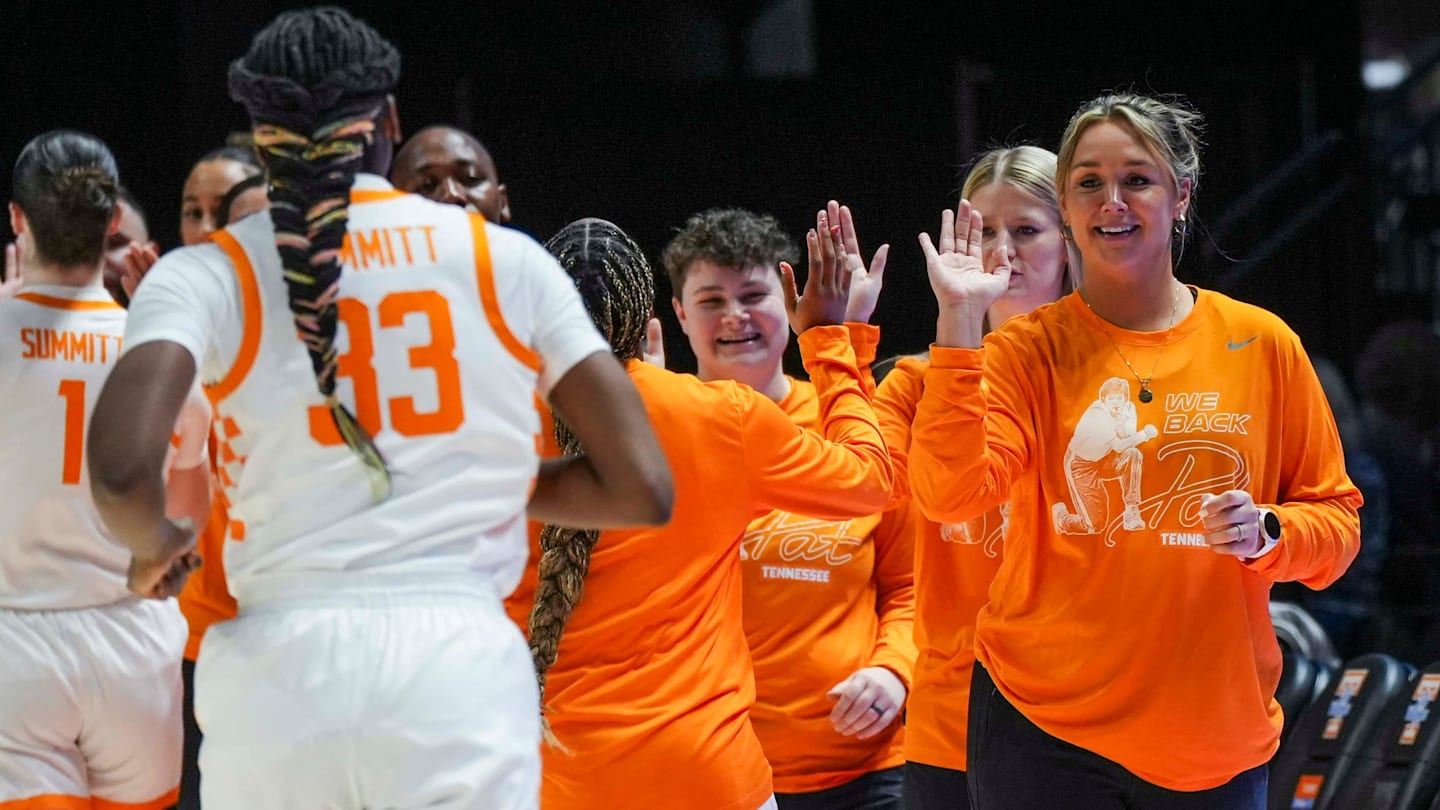For decades, Florida has faced a grave dilemma: import labor or import food.
We’ve chosen (correctly, in my view) to import labor. While a certain amount of fair trade with Mexico, Canada and even China is good, we do not ever want to depend on them for our next meal.
A coming transformation in Florida agriculture offers a way out of this dilemma. Artificial intelligence and other technologies could substantially reduce the amount of labor needed to plant, pick and pack.
At the same time, it changes the kind of labor we need.
Farmers, foresters and ranchers are going to need highly skilled, technologically proficient employees. They’ll need drone operators, programmers, data analysts, and jobs we haven’t even thought of yet.
If we don’t act now, we won’t have that labor force.
UF/IFAS scientist uses a remote control to operate a smart robotic weed sprayer on row crops.
The University of Florida has made a historic investment in artificial intelligence that includes 16 new faculty experts in AI in UF’s Institute of Food and Agricultural Sciences (UF/IFAS), and one of U.S. higher education’s most powerful AI supercomputers.
When he took the gavel as Senate President in November, Ben Albritton called for a “rural renaissance” with legislative support for innovation in rural Florida.
The Florida Department of Commerce has already challenged UF/IFAS to cultivate a statewide network of agtech workforce development programs that creates a homegrown talent pipeline. We call it the AgTech Accelerator.
Among those ready to join the network is Tallahassee State College. It proposes developing agritechnology and agricultural data science courses and purchasing drones, 3-D printers and data visualization software. Its training programs would extend to the college’s students, K-12 teachers and local businesses.
Graduates of these programs statewide will comprise the trained workforce that meets the challenge if agriculture is to remain a $200-billion-plus economic driver of Florida’s economy.
This talent pool will also start new businesses. The longer-term vision of the AgTech Accelerator is to provide entrepreneurship training through a network of hubs at UF/IFAS Extension offices and other sites. These hubs will also be the gateway for investors and businesses seeking opportunities in rural Florida.
Florida is on its way to becoming the Silicon Valley of Agriculture. UF/IFAS is in the planning stage of a Center for Applied Artificial Intelligence in Agriculture near Tampa that will turbocharge the work it is already doing to build the machines and develop the technologies that will transform agriculture the way the tractor, fertilizers and genetics did in previous generations.
Florida farmers and rural economies won’t benefit from these technological advances if we don’t also develop the talent to use these innovations and ready the workforce for high-wage jobs that can drive a rural renaissance.
Here’s a chance for more people who produce your food, feed, fuel, fiber and foliage to boost their incomes and grow the Florida economy.
In partnership with state colleges and technical schools and with support from the Department of Commerce, Department of Education and the governor’s Office of Reimagining Education and Career Help, UF/IFAS is laying the groundwork for the first new agtech workforce programs.
Farming long ago stopped being about cows, sows and plows. It’s increasingly becoming about autonomous tractors, mechanical harvesters and sophisticated software feeding real-time reports on soil moisture.
Profitable agriculture is a matter of national security. No one but us should choose what we eat – or even if we eat.
But if we’re going to produce our own food, we need to cultivate our own talent. Our future farmers may still wear boots and cowboy hats, but they’ll need to know how to wrangle data, not just cows.
One of our main jobs in higher education is to offer Floridians the opportunity to acquire the skills and knowledge to do tomorrow’s jobs, not yesterday’s.

J. Scott Angle
J. Scott Angle is the University of Florida’s Senior Vice President for Agriculture and Natural Resources and leader of the UF Institute of Food and Agricultural Sciences (UF/IFAS).
JOIN THE CONVERSATION
Send letters to the editor (up to 200 words) or Your Turn columns (about 500 words) to [email protected]. Please include your address for verification purposes only, and if you send a Your Turn, also include a photo and 1-2 line bio of yourself. You can also submit anonymous Zing!s at Tallahassee.com/Zing. Submissions are published on a space-available basis. All submissions may be edited for content, clarity and length, and may also be published by any part of the USA TODAY NETWORK.
This article originally appeared on Tallahassee Democrat: Training the next generation of agriculture labor for AI | Opinion















